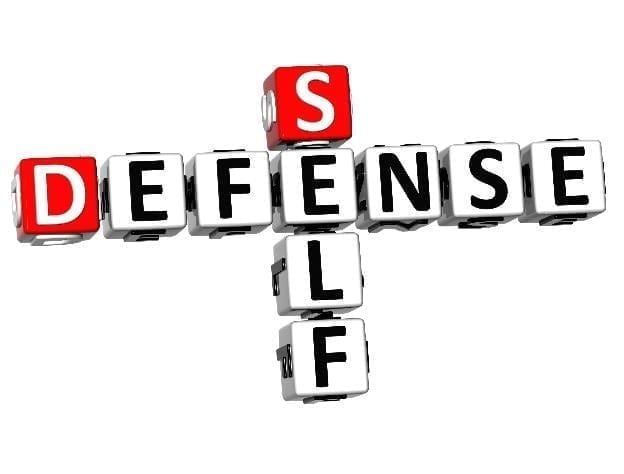Charged with Resisting Arrest in Chicago? How to Fight Back
If a police officer is trying to perform their job and you resist or delay their progress, you can be charged with resisting arrest. Below you will find the legal definition of resisting arrest in Illinois, along with some defenses that may work for you.
What “Resisting Arrest” Means in Illinois
When a police officer is trying to handcuff or arrest you and take you to jail, and you act with intent to prevent them from doing so, the charge of resisting arrest may be filed.
If any of the following acts occur, the charges may apply:
- A physical struggle with the police officer
- Going limp, which impedes the arrest
- Making verbal threats to the police officer
- Fleeing the scene or hiding
- Standing in the way of the officer
- Presenting false identification
- Refusing to verbally identify yourself at the police station
- Assisting someone else in resisting arrest
Here’s an example of when the charge of resisting arrest may apply.
A man is pulled over on suspicion of driving under the influence. The police officer approaches the man’s vehicle and orders the man to get out and put his hands in the air. The man attempts to drive off, but the officer stops him. Even if the officer used force against the man once attacked, the force would likely be justified since the man’s actions provoked the officer’s use of force.
However, if the man complied with the officer’s request, he should not be charged – much less convicted. If your defense attorney can prove that any of the following situations apply, your charges of resisting arrest may be dropped.
Defense Strategies That May Be Used to Battle Charges of Resisting Arrest
False Allegations. Simply being slow to comply with the officer’s orders, or using swear words or rude language, is not enough to get charged with resisting arrest. An officer cannot file the charge simply to retaliate against this kind of behavior. If any witnesses were present, their testimony can be useful in your defense.
Lack of Officer Identification. If you were not aware that the person arresting you was an officer, such as when an undercover officer attempts an arrest, you cannot be charged with resisting arrest. The police officer must clearly identify himself or herself prior to the arrest.
Also, you cannot be charged with resisting arrest simply for questioning the officer’s actions or authority before complying.
Unlawful Arrest. Under certain circumstances, if there was no lawful reason for the arrest in the beginning, the charge of resisting arrest cannot apply. For example, if an officer is performing an unwarranted search and you resist at that time, you cannot be charged.

Self-defense. If you were under threat due to the officer’s misconduct, such as excessive force, you may be able to use this defense. An officer’s force can be deemed excessive if it is likely to cause serious bodily injury or death.
Take note that the courts do not often side with the defendant against the police officer in a case of excessive force. You must be able to prove that you reasonably expected that the officer’s actions presented a threat of serious bodily injury. You also must be able to prove that the force you used to resist the officer was in proportion to the force the officer was using against you.
A few exceptions exist in the case of excessive force, which were created to discourage fights with police officers. These exceptions are rare:
- Resistance that causes excessive force: You cannot use this defense if you first acted with physical resistance, which then provoked the officer’s physical force against you. The situation must have been reasonable as well. In other words, you cannot begin hitting the officer once they are subdued.
- Resistance that prolongs excessive force: If you have reason to believe that if you stop resisting the officer will stop using excessive force, then you are responsible to stop resisting arrest.
- Abatement: The party being arrested must stop resisting arrest if the officer stops using excessive force.
To avoid a charge of resisting arrest, it’s wise to comply with the officer’s requests, even if you feel the situation is unfair or unjust. Your charge can be dropped if the situation was indeed unwarranted. Compliance is helpful to avoid further charges like assaulting an officer, which can be a felony.

If you have been charged with resisting arrest, consult with an experienced lawyer to understand your options. They will help you build the best defense for your unique case.
About the Author:
Andrew M. Weisberg is a former felony prosecutor who now serves as a defense attorney in the greater Chicago area. He has extensive experience in handling all types of criminal cases, from sex offenses and domestic violence to retail theft-related crimes, murder, and drug crimes.







 Blog Home
Blog Home 










